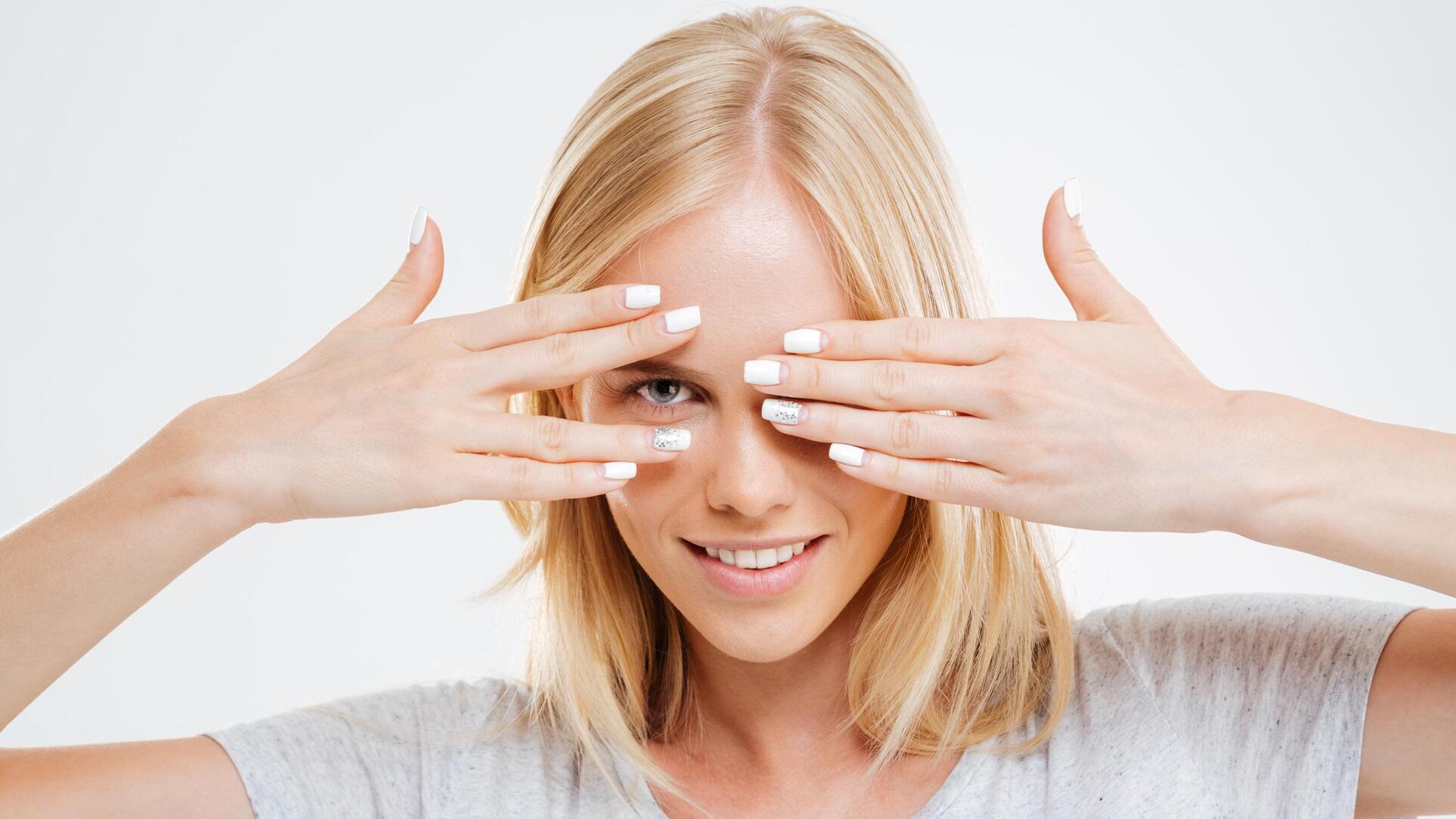
Eye Health: Myths and Facts Debunked
When it comes to eye health, it can be tricky to separate fact from fiction. Many people unknowingly follow advice based on myths that can do more harm than good.
Let’s tackle some of the most common eye health myths and reveal the real facts. Knowing the truth will help you adopt better habits for your vision care, ensuring healthy eyes for years to come.
What are common myths about eye health?
Let’s explore some widespread eye health misconceptions:
Myth 1: Wearing glasses makes your eyes weaker.
Many people believe that glasses worsen your eyesight over time, but this is untrue. Glasses correct refractive errors, helping you see clearly, but they do not alter or weaken the physical structure of your eye. Your prescription may change naturally over time, which is a normal part of aging and has nothing to do with wearing glasses.
If you're concerned about your child’s changing vision, check out our blog on signs your child may need glasses.
Myth 2: Reading in dim light will harm your eyes.
While it may cause eye strain or headaches, there is no scientific evidence that reading in low light causes permanent eye damage. You can still enjoy a good book by candlelight without worrying about long-term effects.
Myth 3: Sitting too close to the TV will damage your vision.
Sitting close to the screen isn’t harmful, but it could be a symptom of nearsightedness. If you notice this behavior in children, consider scheduling an eye exam to rule out any underlying issues.
Need help finding frames that fit your unique face shape? Try our face shape tool to discover which glasses will look and feel best on you.
Face Shape Detector ToolWhat are some facts about eye health?
Now that we’ve debunked a few myths, let’s explore some key eye health facts to guide your care practices:
Fact 1: UV rays can damage your eyes.
Just as your skin needs protection from harmful UV rays, so do your eyes. Long-term exposure can lead to cataracts and macular degeneration. Wearing sunglasses with UV protection is essential, even on cloudy days.
Fact 2: Nutrition plays a critical role in eye health.
Harvard research shows that foods rich in antioxidants, such as leafy greens, fish, and citrus fruits, support healthy vision. Harvard Health suggests focusing on orange and yellow fruits and fish like salmon to reduce your risk of vision issues.
Interested in ways to improve your eyes through diet? Learn more about how foods can improve your eye health.
Fact 3: Digital screens don’t cause permanent damage, but they can cause eye strain.
With more screen time in our daily lives, many people experience discomfort known as digital eye strain or Computer Vision Syndrome. Symptoms include dry eyes, headaches, and blurred vision. A good practice is the 20-20-20 rule: Every 20 minutes, look at something 20 feet away for at least 20 seconds to give your eyes a break.
Protect your vision with the right lenses and coatings. Visit our lenses and coatings page to explore the best options for your needs.
Learn About Our Lenses & CoatingsWhat is the science behind bad eyesight?
The science of vision is complex. Most vision problems stem from refractive errors, where the shape of the eye prevents light from focusing directly on the retina. Here’s a brief look at common vision issues:
- Myopia (Nearsightedness): Light focuses in front of the retina, causing distant objects to appear blurry.
- Hyperopia (Farsightedness): Light focuses behind the retina, making nearby objects blurry.
- Astigmatism: The cornea has an irregular shape, resulting in distorted or blurred vision at all distances.
- Presbyopia: With age, the lens of the eye becomes less flexible, making it harder to focus on close objects.
Contrary to popular belief, bad eyesight is not purely genetic. Environmental factors like screen time and time spent outdoors can also affect the development of vision problems, especially in children. Studies show that outdoor play can slow the progression of myopia.
Discover ways to improve your eyesight naturally through lifestyle changes with our blog, How To Improve Your Eyesight.
Why choose Yesglasses?
At Yesglasses, we believe in making eye care facts accessible and empowering you to make informed choices about your vision. Beyond offering stylish and affordable eyewear, we focus on helping you care for your eyes through accurate information and practical tools. From blue-light filtering lenses to customizable coatings, we provide eyewear solutions designed to enhance and protect your vision.
Make informed choices today – your future self will thank you! Shop with confidence knowing that we combine fashion with functionality to meet all your eye care needs.
Shop Blue Light Blocking Glasses Shop Protective Sunglasses